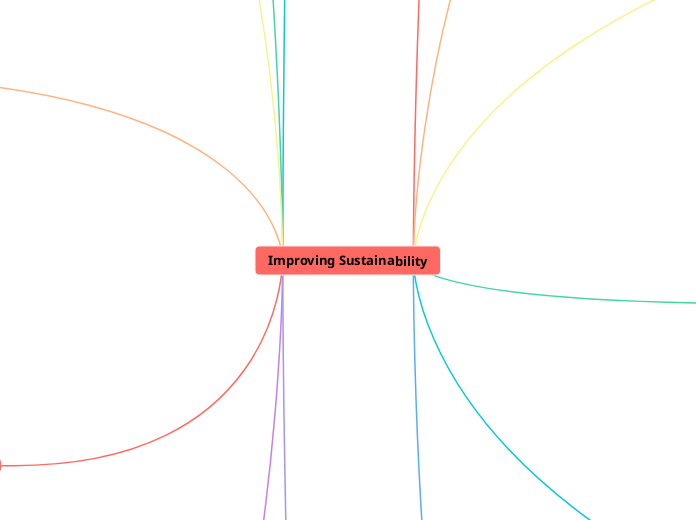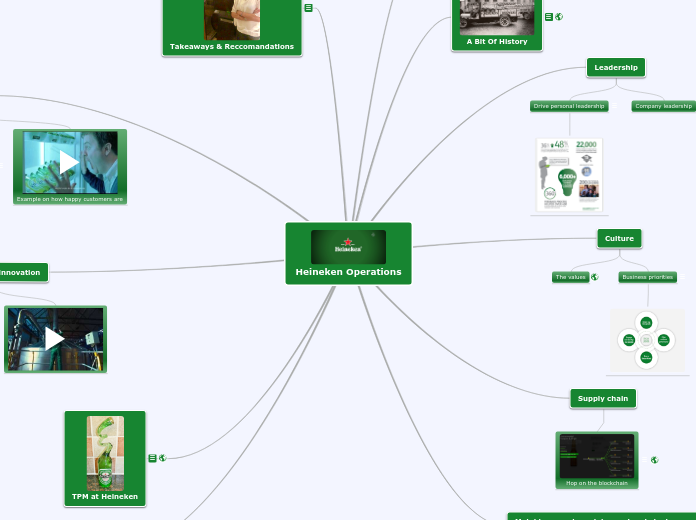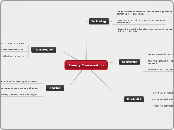Improving Sustainability
Environment History
Modernized Science
Utilization of New, Sustainable Technology
Issues on Subject
Geopolitical and Political Issues Arising
Economic Issues Arising, Impacting the Environment
Sustainability in Peru
Comparison to America
Melting of Snowpacks, raising sea levels
Climate change resulting in Flooding
Peruvian Climate Issues:
Acidification of Ocean
Melting of Glaciers
Landslides
Rio Santa Basin
Result of Moraine forming
Water Security Issues for Population
Mining industry harming water for drinking
Flooding
Droughts
Agricultural impact
Interdisc Approaches
Approach is Possibility Based
Pros of the Approach
Openness to Learning
Opens up Critical Thinking
Multidisc
Additive Model
Interdisc
Interconnected Model
Indigenous Knowledge
Reparations on the Matter
Respecting Indigenous Knowledge and Perspectives
Installing this knowledge in governments
Designing projects that are more sustainable
Species becoming endangered
Colonial Activity
Economic Gain
Unsustainable Designs and Infrastructure. Industrializing
Not respecting Indigenous Territory
Tourism, polluting islands
Conflicts Arising
An Industry Perspective
Solutions on the Matter
Referencing the 10 princiiples of UNs Global Impact
Utilizing the 4 pillars of Responsibility
Creating businesses that emit less CO2
Using the UNs Sustainable Development Goals
Creating Businesses that are more aligned with the SDGs
Issues
Corporations and Organizations not being sustainable
Pollution resulting as an issue
Climate Storytelling
Human Beings as Consumers
Unsustainable Acts as a Result
Telling Stories on Climate Change
Stories on Social Justice
Using these stories to spread awareness, be more sustainable in development and in individual action
Climate Reearch and Local Experiences - Himalayas
New Government Policies Designed to Limit Pollution
Observations made
Participatory Mapping
Photovoice
Interviews Conducted
Meterological Stations made
Issues Pertaining to Matter
CO2 Emissions Rising
Roads being impacted, putting them out of use
Glaciers in the Himalayas Melting
Villages/Towns losing water
Climate Refugees Created
Climate Change, Data, and the Sustainability of Science
Graphing Data
Utilizing weather networks to establish trends
Graphing Data: Keeling Curve
Determining rates of CO2 emissions
Graphing Data: Hockey Stick
Determining specific trends in temperature increases/decreases
IPCC Report
Geological Perspectives
Microfossils
Macrofossils
Utilized to date geological events/structures
Natural Drivers of Climatic Changes in Earth's History
CO2 Emissions and Weathering Impacts
Humans have altered the global environment so much, that we have become a geological force
Earth's Orbital Moon
Volcanic Activity
Circular Economies
Measures Taken
Use Less Plastic
Establishing Closed-Loop Circles (greener business models)
Recycle waste to use for future products
Produce products that are biodegradeable
Produce items that are 'circular' - items that can be used for more than one purpose
Industrial Symbiosis
Emphasis on producing less waste
Issues Pertaining to the Subject
Waste from single use items (i.e. smartphones) polluting earth
Use Metals from Smartphones for other products
Everyday items being designed in ways that result in waste (i.e. sole uses)
Climate Change and Mental Health
Measures taken
Therapy
IPCC (created to legislators with scientific assessments on climate change, its impacts, the risks it poses, as well as ways to mitigate it, reducing spikes in temperatures
issues Pertaining to Topic
Spikes in temperature
Spikes in temperature in June and May lead to higher suicide rates
Hurricanes becoming more likely, and more severe
Force people to relocate, leads to agricultural degradation, coastal flooding
Hurricane Katrina, a CAT 5 Hurricane
1,800 deaths, $125b in damage as of late August, 2005. With a study conducted, it was found that there was an increase in mental health disorders - 6% pre hurricane, 11% post hurricane, with PTSD being the most common disorder
Pandemic Outbreaks - a consequence of climate change as many outbreaks of diseases originate from animals. it is deforestation that connects humans to wild animals, starting this process of infection
ECO Anxiety - a new area being studied, ECO Depression, ECO Grief, and ECO Anger
Disability
PTSD
Eating Disorders
Shorter life spans
Peatlands and Fire
Measures Taken
Reducing the severity of carbon emissions
Moss layer transfers
Reducing fire potential in peatlands with the use of sphagnum - a fire-resistant moss.
Recovering of Keystone species, such as Cotton Grass
Climate Issues Pertaining to Topic
Draining Peatlands: 10x the carbon loss, resulting in hundreds of years of carbon sequestration and smoke, posing as health hazards to human beings
Forestry: growing tress and some crops on peatland soils is ideal, but in doing this, the water table must be drained first, which is done by digging trenches.
Horticulture: peat being extracted for mining/harvesting purposs, proving to be problematic seeing as peat is a sink for approximately 1/3 of the world's soil carbon. in order to mend restore the area, the process is lengthy and costly
Agriculture: slash/burn: vegetation on surface is burned for the purposes of clearing the area to grow plants and crops, making for issues where land is limited such as in Europe. This results in peatland being drained, thereby changing the carbon balance, lowering the surface completely and making it a big risk for smouldering fires
Peatland Wildfires
Smouldering Fires - fires that consume peat, are long lasting, slow moving, and require little oxygen to survive, making them difficult to detect
Fires in the Boreal (100-120 yr return intervals), hazards in the Spring
'Zombie' fires in the Arctic forming - fires that survive beneath the snow during the winter season, emerging during the Spring.
Sustainable Engineering + Design
Solutions
Sustainable Planning Designs
Produce Energy in Sustainable Ways
Creation of Newer, Sustainable Technology
Use this technology to build sustainable structures and products
Issue in Engineering
Unsustainable Technology
Unsustainable Designs made by Engineers to Produce Energy
Unsustainable Planning
Unsustainable Infrastructure and Development









